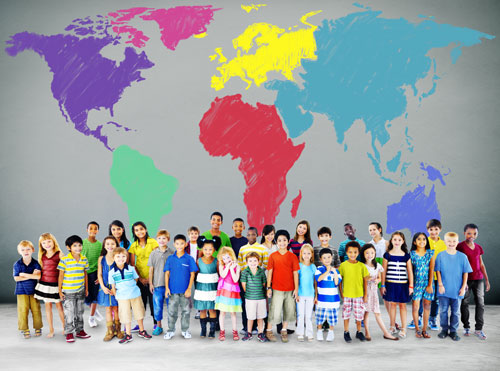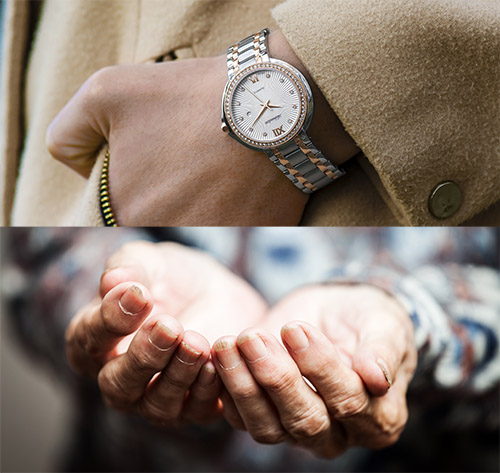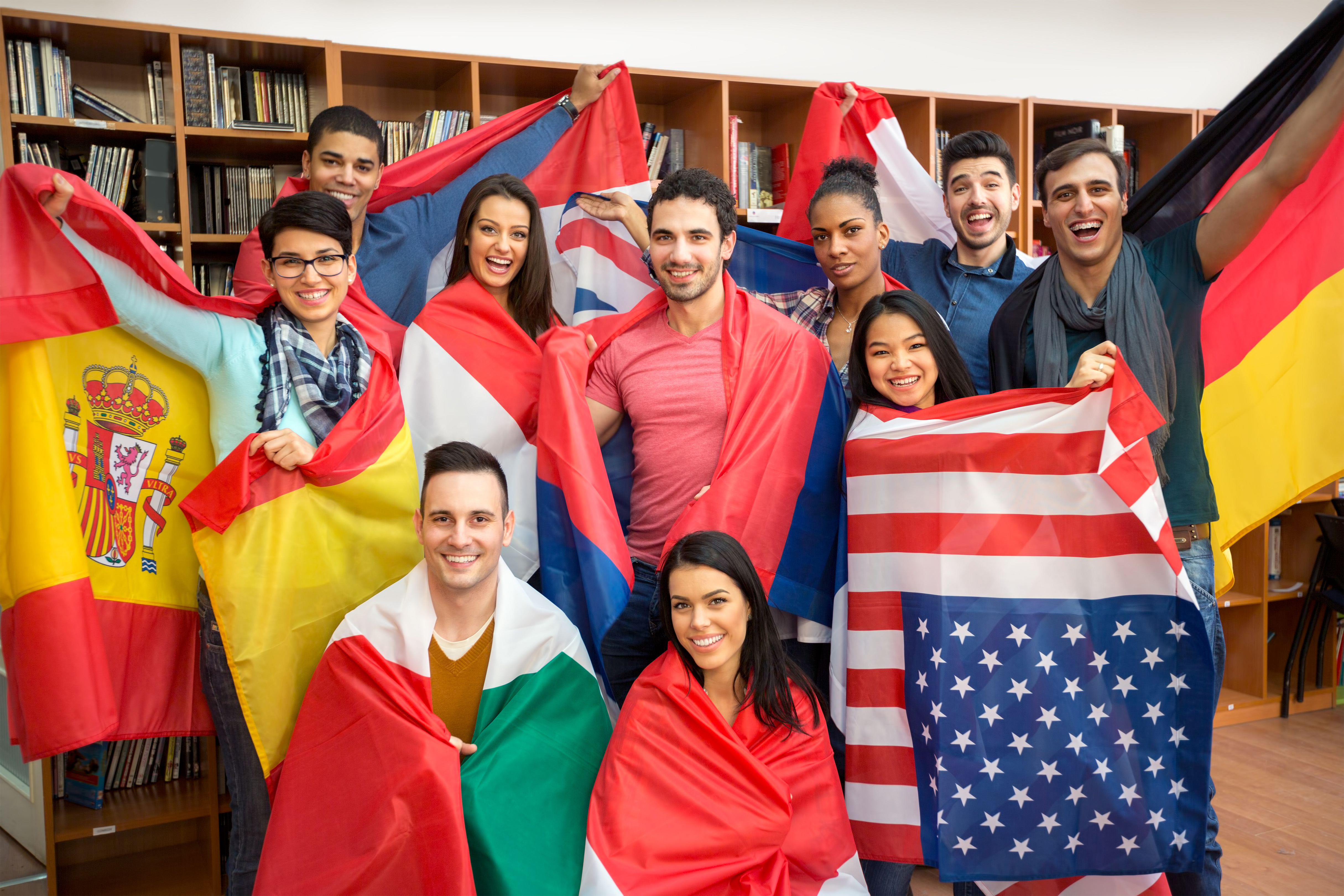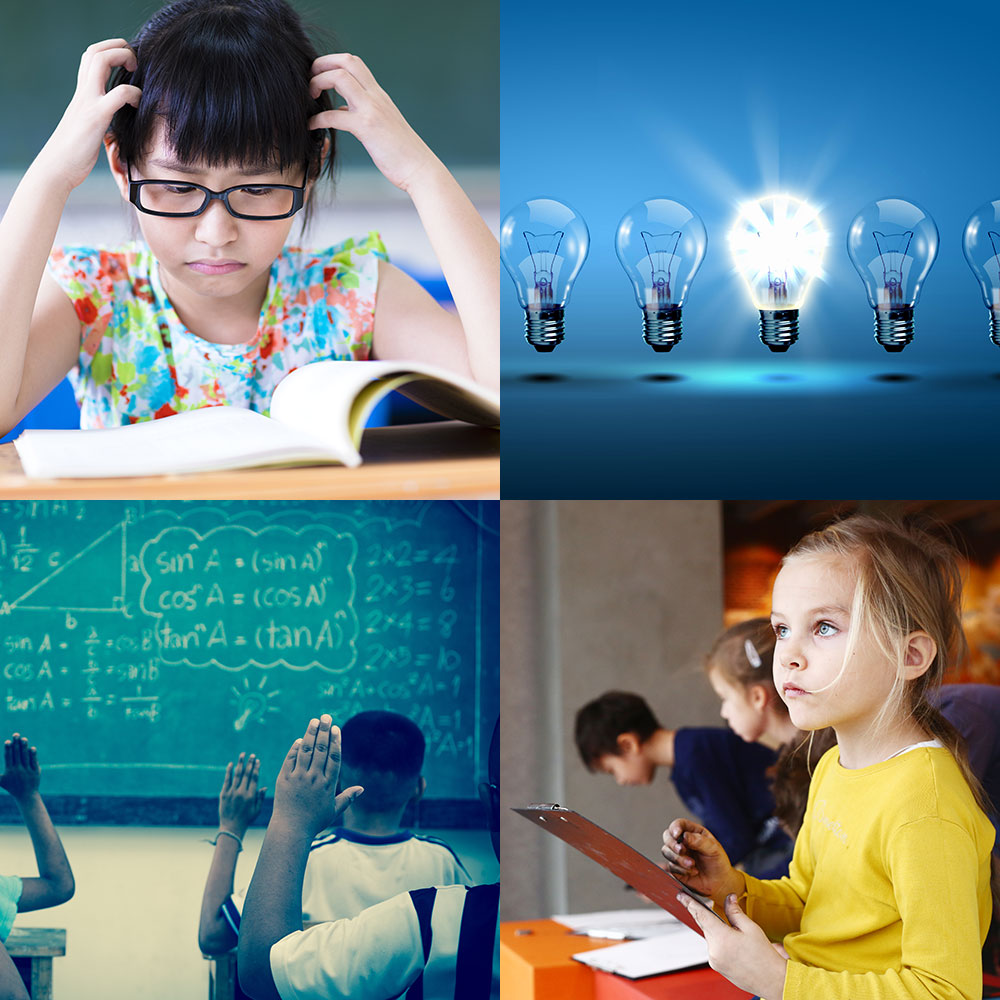The OECD’s Learning Compass 2030, launched today, urges nations to take action and reevaluate the knowledge, life skills, values and attitudes learners need to flourish and contribute to the well-being of their communities and their planet. Experts have argued that global education systems have not changed in hundreds of years and that a factory model no longer works. Whether we’re talking about the 265 million children currently out of school, the children in school but doing poorly or the children entering “quality” programs currently, what competencies needed to thrive and how learning systems develop them require reflection and reform.
I believe that every global challenge we face can be conquered if we are willing to pioneer new models of lifelong learning and assessment. These new models would assume that modern learning requires a co-agency approach and recognizes that because of the unique time in which we live, students, teachers, parents and communities must all work together if learners and communities are to flourish.
For example:
- Good Health and Well-Being
We are undergoing a mental health crisis globally. What good is GDP growth if people are unwell or dying? We are seeing record levels of suicide, drug abuse, anxiety, depression and school shootings, and our modern societal challenges are most likely to blame. The international stakeholders of the OECD Future of Education and Skills 2030 project highlight physical and mental health and well-being as a core foundation of every new learning model. So let’s begin by asking these questions: What’s in your curriculum that’s irrelevant, i.e. simply creating curriculum overload and so should be removed? What’s in your curriculum that promotes mental and physical health and well-being as a top priority for every child? What’s in your curriculum that promotes resilience and the ability to cope in the face of a complex and uncertain world? What’s in your assessment that assures us your curriculum is succeeding?
- Job Automation and the Future of Work in the Age of Robots
Youth want to support themselves economically when they leave school yet our curricula still primarily emphasize academic skills. From kindergarten through high school, our children are placed on a trajectory to excel on largely fact-based college entrance exams. In the United States, for example, student debt stands at US$1.6 billion, yet a report from the Federal Reserve Bank of New York found that the underemployment rate for recent college graduates aged 22-27, rose to 44% in 2012. Most people would agree that the automation is going to continue. New jobs will be created but we don’t know when or what. Employers will be unable to fill jobs because of a skills gap. Our alternative to waiting for this problem to become more serious is to develop a learning model that instills the competencies needed to function and flourish in a rapidly changing global world. Ensuring youth can find decent work opportunities and enjoy economic prosperity moving forward begins by asking these questions: What competency focus in your curriculum will ensure your students can find work with employers in any part of the world or via their own entrepreneurial initiatives after graduation? What’s in your standardized test that can’t be google searched but clearly illustrates that the learner is a self-starter, can transfer learning to different contexts, can create new value, has a sense of purpose, can collaborate with others and can think both critically and creatively?
- Climate Change
Climate Change is one of the greatest threats to our world. In this challenge, the world’s children are already taking matters into their own hands to address the issues. They are the victims faced with the potential extinction of their home. To ensure this does not happen, begin by asking these questions: What’s in your curriculum that equips people with the skills, agency, and moral compass to take responsibility for their planet and do everything in their power to reverse the climate crisis? What’s in your assessment that assures us your curriculum is succeeding?
- Peace and Stability
Migration, urbanization and increased connectivity via the Internet are reshaping our societies. Conflicts based on nationality, ethnicity, race, class and gender are both local and global challenges. How do we create a culture in which people are empathetic, willing to embrace tolerance and respect the diversity of human beings? Teaching the knowledge and skills that allow us to understand commonalities and differences but seek out the common ground begins in the kindergarten classroom. It requires us to answer these questions about new models of learning: What’s in your curriculum that illustrates students are aware and curious about their world and how it works? What’s in your curriculum that illustrates learners can effectively communicate, collaborate and reconcile tensions with people from other socio-economic backgrounds and cultures? What’s in your assessment that assures us your curriculum is succeeding?
- Gender Equality
Goal 5 of the UN’s Sustainable Development Goals is to achieve gender equality and empower all females. The gender gap is holding back economic growth in every country. It perpetuates poverty. In every part of the world, women and girls suffer discrimination and violence. It requires us to answer these questions about new models of learning. What in your curriculum challenges gender biases and encourages girls to develop their talents, choose their own paths and excel in subjects usually thought to be best for boys?
- The Impact on Humanity in the Age of Artificial Intelligence
Smart machines have edged their way into our lives in virtually every domain. Whether their longer term impact will be beneficial or destructive for our lives, we know that we are dealing with an intelligence that is radically different. No matter what technology will ultimately be able to do, our ability to show originality, empathy, respect, and the willingness to collaborate with others will matter more. What’s in your curriculum to prepare learners for a future where what makes us human will matter more than ever? What’s in your assessment that assures us your curriculum is working?
Since 2015, I have been a contributor to the OECD’s 4 year Future of Education and Skills 2030 project and Learning Compass concepts. I encourage learning systems to study the conclusions shared by the international stakeholders and find ways to build better models of learning that work for our children, for all learners, and for our world.
C. M. Rubin
C. M. Rubin (Cathy) is the Founder of CMRubinWorld, an online publishing company focused on the future of global learning and the co-founder of Planet Classroom. She is the author of three best-selling books and two widely read online series. Rubin received 3 Upton Sinclair Awards for “The Global Search for Education”. The series which advocates for all learners was launched in 2010 and brings together distinguished thought leaders from around the world to explore the key education issues faced by nations.
Follow C. M. Rubin on Twitter: www.twitter.com/@cmrubinworld







Recent Comments